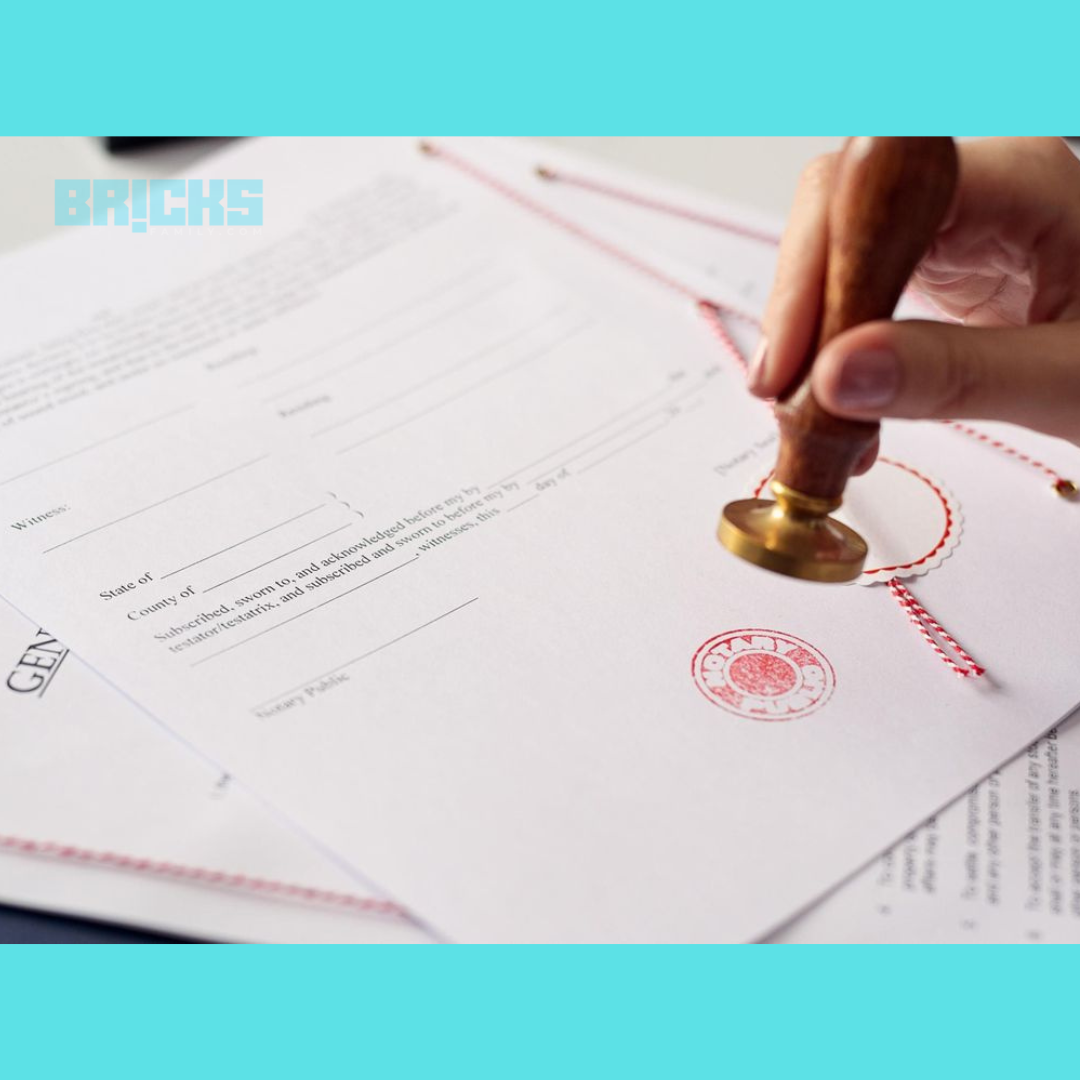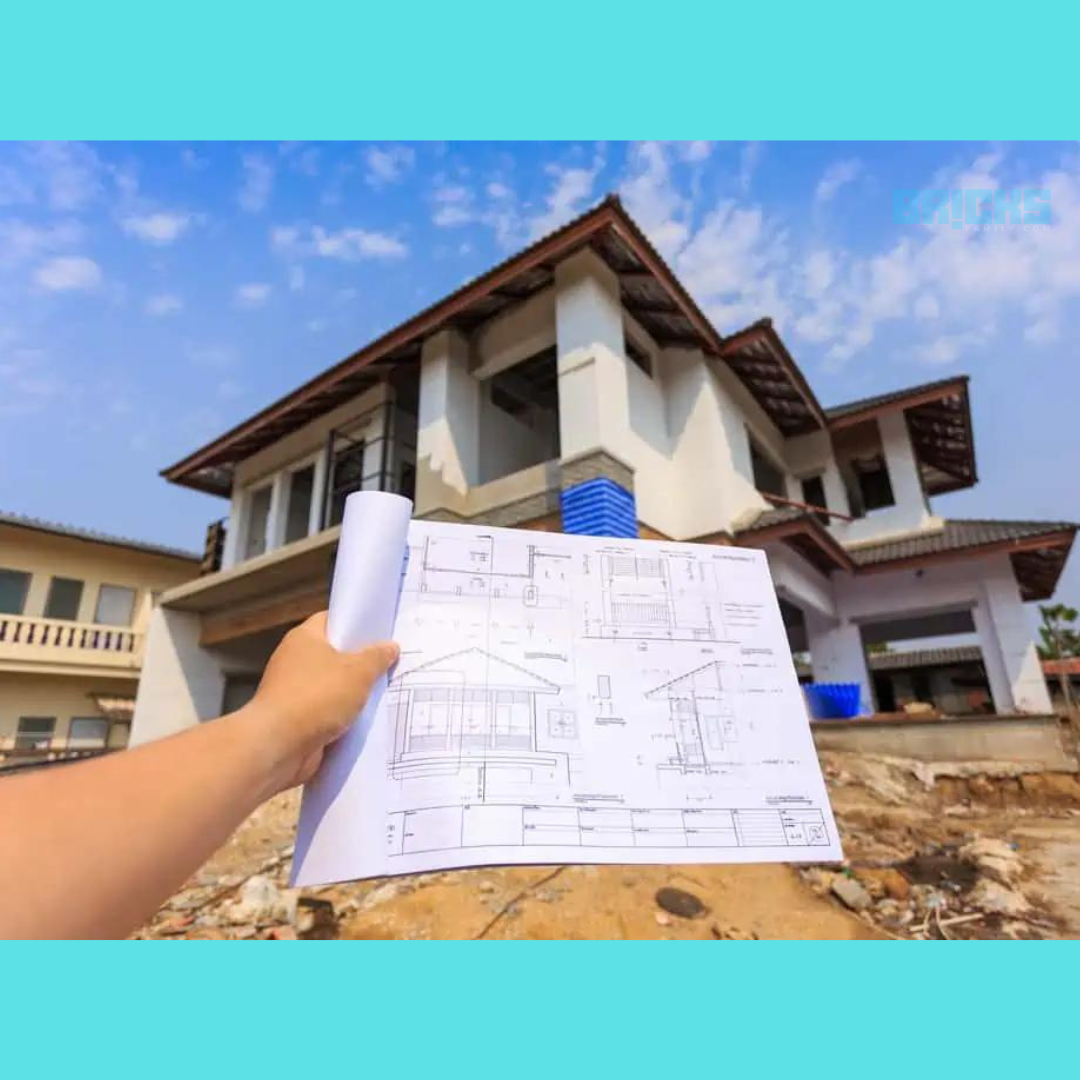First-time home buyers must go through some stages, and one mistake might delay or even prevent you from purchasing your dream house. While many rookie mistakes are modest, some can be catastrophic, leading to unneeded delays in the process and future financial issues. Here are the top ten blunders that first-time home purchasers make. This blog is about 10 Common Home Buyer Mistakes.
1. Ignoring your credit score before getting a pre-approval for a loan
During the home-buying process, ignoring or forgetting to check your credit score might result in errors that go undetected and affect loan approval or result in less favorable loan rates and terms.
Although lenders look at your credit score during initial approval, it will be reevaluated just before the scheduled closing date, and modifications to your loan may be necessary if your credit report changes. For instance, your credit score may be impacted if you apply for a new credit card. This can make it harder to secure a loan.
2. Buying a Home Beyond Your Budget
Although your original mortgage approval determines your home’s price range, this number may only sometimes fit inside your budget due to variations in your monthly spending and overall debt-to-income ratio (DTI).
When assessing your financial information for approval, lenders use your DTI to determine how much of your monthly income goes towards debt payments. However, the sum of all the additional monthly costs might increase rapidly. As a result, it can be difficult to afford additional monthly payments if you purchase a home for the full amount of your approved mortgage.
3. Waiver Of A Home Inspection
A home inspection can assist you in preventing upcoming issues with your home. While some property buyers may opt to forgo inspections, particularly during bidding battles in a seller’s market, they should be considered due to the peace of mind they offer.
Lenders and property buyers are protected by home inspections in the case of major structural or core system problems. A home inspection enables you to learn about any faults that may be present in the property, information you can use to negotiate a lower price with the seller.
4. Making an Inadequate Down Payment
In addition to the monthly loan instalments you would have to make, your down payment on a house also impacts your interest rate. Contrary to popular belief, you only sometimes need to put down 20% of the buying price if you’re ready to pay for private mortgage insurance (PMI).
PMI is worthwhile if you can afford a sizable down payment and avoid this additional expense.
5. Using Up All of Your Savings
Purchasing a home is a costly endeavor. However, you must put aside a bit more money than you think the house will cost.
Unexpected maintenance costs may arise, and if you spend all of your funds, you risk being in financial trouble should any unanticipated events arise. Make sure you can afford the house and your mortgage without emptying your resources before buying the extra bedroom, even though it could be enticing.
6. Focusing On The House Rather Than The Neighbourhood
Yes, you do want a home that satisfies all of your needs and checks all of your boxes. On the other side, being picky about a home’s exterior might be foolish if it causes you to live in an undesirable or inconvenient area.
It’s possible to love your home yet hate your neighbourhood. Therefore, choosing the ideal location is crucial to the growth of your life and family. Do your research and ascertain the priorities of your community. You might look into travel times, school rankings, and other aspects based on your needs or preferences. To acquire a feel for the neighbourhood’s traffic patterns and determine whether it’s a place that appeals to you, you can go there several times.
7. Making Emotional Decisions
When touring your ideal house, losing yourself in the moment is simple. Every turn offers the opportunity to create a new memory, and you might already envision your kids having fun in the backyard or the bathtub.
Making financial investments is crucial to making decisions based on facts rather than feelings. While purchasing a home is a big financial step, it’s also an emotional one. Always remember that this is more than just a house; it will probably be the biggest financial commitment you ever make.
8. Rushing To Make An Offer
No matter how alluring a home might seem on the surface, first-time buyers should resist the urge to hurry into a purchase. Before making an offer, be sure you want the house since if the seller accepts it, your offer will be regarded as an agreement to pay.
9. Waiting Too Long
On the other side, delaying your offer too long or waiting for the “perfect” home may result in you losing out on other excellent possibilities and losing the home you really want. Refrain from being so picky that you extend the process forever because narrow searches typically get narrow results.
10. Not Saving Enough Money
So, how much should you have set aside? When buying a home for the first time, there are several expenses to consider, including:
- Down payment
- Closing Fee
- Property Taxes
- Homeowners Insurance
- Home Maintenance Charges
- Utilities
- Packer and Movers Costs
- Homeowners Association (HOA) Fees
Summing Up: Mistakes Home Buyers Make
The house-buying process may be both enjoyable and demanding. It’s simple to get confused along the road because so many steps are involved, but tiny mistakes may quickly add up when making one of your life’s biggest financial decisions.
Fortunately, by taking advice from others who have gone before you, you can stop the loop of rookie homebuyer errors. Ask trusted friends or family members who have recently been through the process for any lessons they have learnt. Remember that your real estate agent is available to assist you if necessary.
Also Read: Types of Steel for Construction, Steel Prices & More
Similar Topics: Different Types of Cement in India for Construction















